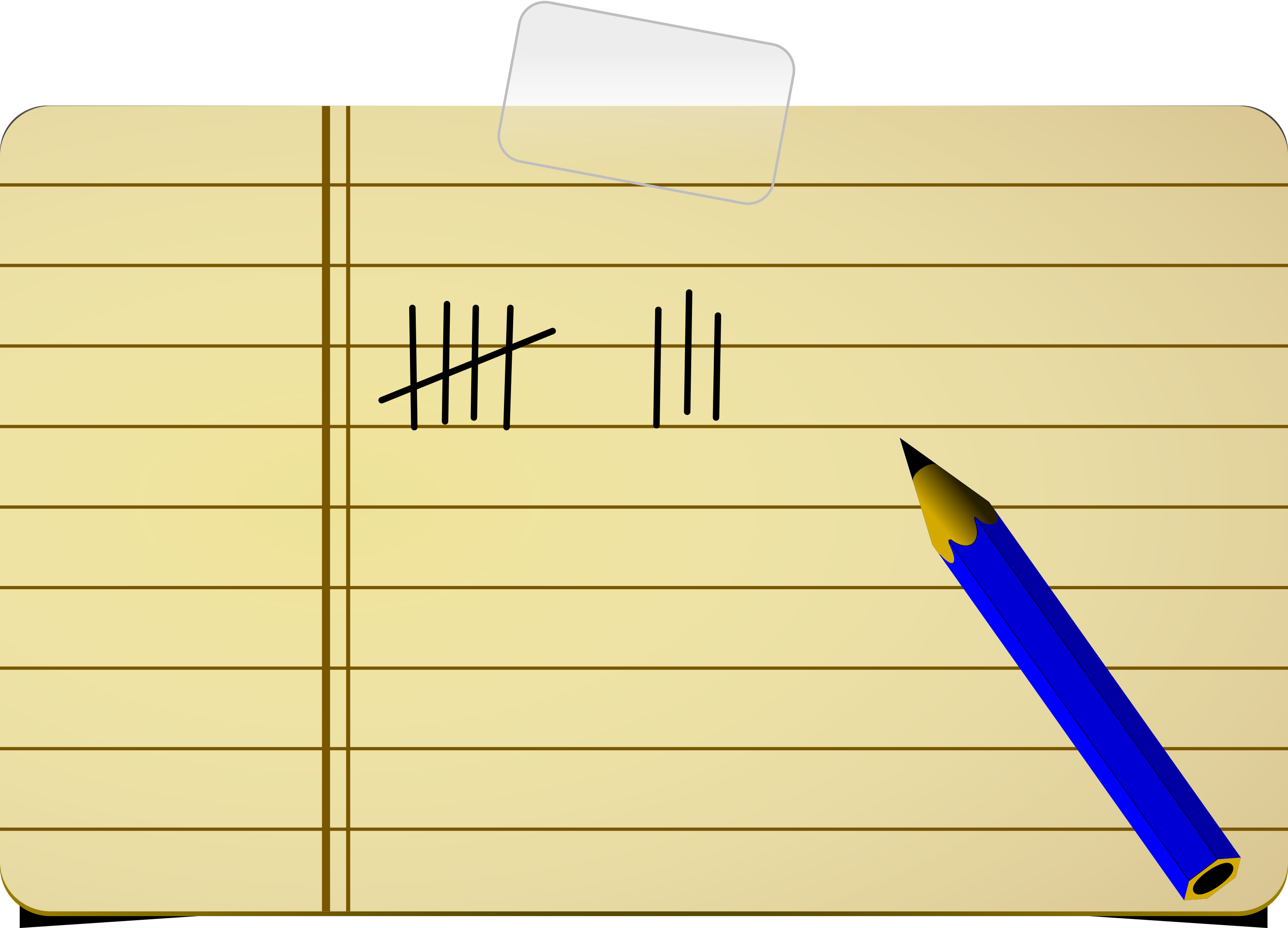Problem
Determine the number of integer values of \(n\) that satisfy the following inequality: \[\dfrac{1}{9} \leq \dfrac{7}{n} \leq \dfrac{1}{5}\]

Solution
First notice that since \(\tfrac{1}{9} \leq \tfrac{7}{n}\), and \(\frac{1}{9}\) is positive, that means \(\frac{7}{n}\) must be positive as well. It follows that \(n\) is positive.
Since \(\frac{1}{9}=\frac{7}{63}\) and \(\frac{1}{5}=\frac{7}{35}\), we can rewrite our inequality as follows: \[\frac{7}{63} \leq \frac{7}{n} \leq \frac{7}{35}\] Since the fractions are all positive and \(n>0\), this is true when \(35 \leq n \leq 63\). This is because if two fractions have the same numerator, then the larger fraction must have a smaller denominator, i.e. \(\frac{2}{5}<\frac{2}{3}\).
Now we just need to count the number of values of \(n\) that satisfy \(35 \leq n \leq 63\). We could count them, but a faster way would be to do some simple math. Since \(n\) is an integer, there are \(63-35+1=29\) possible values for \(n\).
